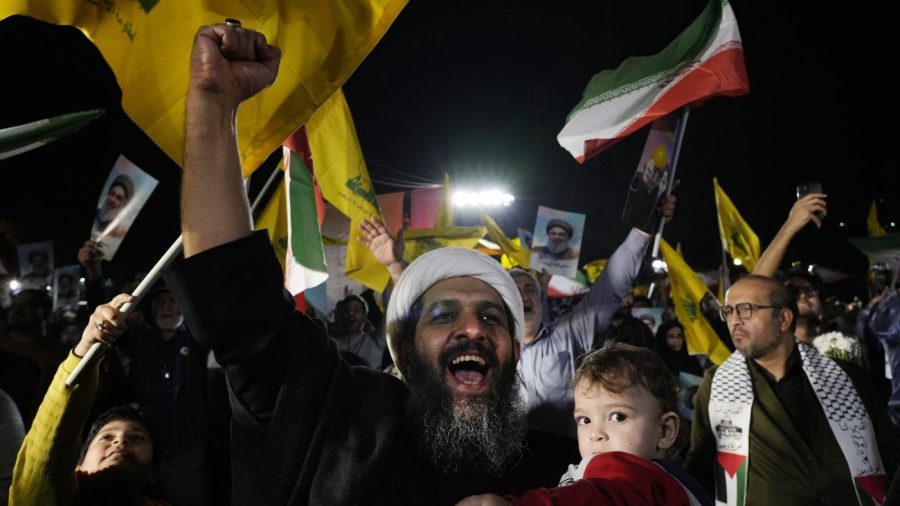Politics
Israel and Iran Moving Towards Catastrophic War

Tensions between Israel and Iran are escalating, putting both nations on a collision course toward potential conflict. Recently, the Iranian Revolutionary Guard Corps and the Iranian military launched a staggering 180 missiles aimed at Israel’s strategic locations. This aggressive move was framed by Iran as retaliation for the targeted killings of prominent leaders from Hezbollah and Hamas, including Hassan Nasrallah and Ismail Haniyeh. Despite the interception of most missiles due to coordinated efforts from Israel, the U.S., and Jordan, several projectiles managed to hit military and civilian sites, causing some damage and minimal casualties.
The situation has brought the possibility of a direct war closer than ever, a conflict that could have devastating consequences for the entire Middle East and potentially the world. Time is running short, and hasty decisions could lead to disastrous outcomes. This recent Iranian strike, carried out with unexpected speed and involving significantly more ballistic missiles than previous attacks, is rooted in Iran’s desire to bolster its image amid accusations of failing to support its allies effectively.
Iranian leaders are surely concerned that appearing weak could destabilize their government, especially if Israel continues its military operations against Iranian proxies in the region. Both Tehran and Jerusalem appear to be intent on intensifying their military postures, with Iranian leadership explicitly threatening future strikes on Israeli civilian infrastructure. In response, Israeli officials are poised to approve a more aggressive military response compared to their prior actions.
History suggests that previous Israeli attempts to deter Iranian aggression have fallen short, prompting calls for a more decisive stance. The perception of Iran as the mastermind of a multi-front threat against Israel is driving the narrative for heightened Israeli action. Options on the table for Israel include targeting military installations, such as missile bases, anti-aircraft systems, and possibly even Iran’s critical energy infrastructure.
While discussions are underway regarding strikes on Iran’s nuclear facilities, immediate action seems unlikely. Factors influencing this decision include operational feasibility, rebuilding time for damaged sites, regional reactions, and how it may affect Iran’s nuclear ambitions. The Biden administration’s opposition to attacks on nuclear sites adds another layer of complexity, especially with the upcoming presidential elections.
Interestingly, there appears to be a shift in Israeli public discourse surrounding the nuclear threat, spurred by advancements in Iran’s nuclear program and the growing internal pressure within Iran to pursue nuclear weapons. The current lack of international mechanisms to monitor Iran’s nuclear activities only heightens the urgency for Israel to consider a preemptive strike.
Israeli leaders may see the weakened position of Hezbollah, coupled with public sentiment demanding more assertive military responses, as a strategic opportunity. The tragic events of October 7 have amplified support for aggressive military measures. All eyes are on Israel now, and the nation’s military strategy will likely aim to prevent any further Iranian assaults and to isolate potential conflicts across its borders.
Nonetheless, continuous confrontations between these nations could inadvertently escalate Tehran’s ambitions for nuclear capability and fuel calls in Israel for military action against nuclear sites. Such a scenario could spiral into a recurring cycle of aggression, shaping the future political landscape of the Middle East.
The critical decisions made by leaders in Jerusalem and Tehran will undoubtedly affect regional stability for years to come. In today’s environment, where communication channels are strained, fostering dialogue and thorough consultations is essential. Today’s leaders should reflect on the lessons from historical crises, like the Cuban missile crisis, which underscores the importance of measured decision-making and collaboration to avert catastrophic outcomes.
